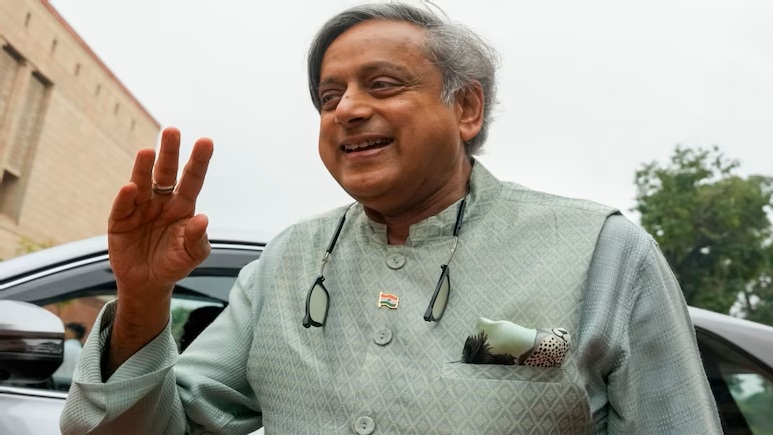A potential two-year term for parliamentary standing committees may allow Tharoor to retain his influential role despite internal party tensions.
In a potential shift that could have both political and procedural implications, the Central government is considering extending the tenure of parliamentary standing committees from the current one year to two years, a move that could benefit senior Congress MP Shashi Tharoor, sources have confirmed.
The standing committees, whose terms are set to expire this month, play a crucial role in scrutinising bills, reviewing policies, and overseeing ministry functioning. If the proposed extension is approved, it would prevent immediate reshuffling of chairpersons and ensure continuity in legislative oversight.
Why This Matters for Shashi Tharoor
Mr Tharoor, a three-time MP from Thiruvananthapuram, was appointed as the Chairman of the Parliamentary Standing Committee on External Affairs on September 26 last year. Under current rules, his term would end this month unless reappointed.
With reports of alleged tensions between Mr Tharoor and the Congress leadership over internal party affairs and his independent political positioning, an extended term would provide him stability in a high-profile, non-partisan parliamentary role. It would also allow him to continue playing a visible role in India’s foreign policy discussions amid a dynamic global environment.
The Demand for Longer Committee Terms
Currently, there are 24 standing committees — each comprising 31 members, with 21 from the Lok Sabha and 10 from the Rajya Sabha. The chairpersons are nominated by the Lok Sabha Speaker and Rajya Sabha Chairman, while the members are selected based on party nominations.
However, annual reshuffles have often disrupted the committees’ ability to carry out long-term legislative scrutiny, as new members must frequently be brought up to speed. Opposition parties have long argued that the one-year tenure limits depth and continuity, especially on complex issues such as data protection, digital privacy, foreign affairs, and economic reforms.
What the Government Is Considering
Sources indicate that the Modi government is open to the opposition’s suggestion to increase the tenure to two years, noting that it could lead to more thorough policy examination and better bipartisan cooperation within the committees.
If implemented, the current chairpersons — including Shashi Tharoor — are likely to retain their positions, barring any party-specific changes or high-level reshuffles.
Political Implications
The move could signal a rare alignment of interests between the ruling BJP and the Opposition, especially as the committees themselves do not pass legislation but play a vital advisory and oversight role.
For Shashi Tharoor, the extension would come at a time when he is balancing a complex relationship with his party leadership while also being one of Congress’s most recognisable global faces. His chairmanship of the Foreign Affairs Committee gives him significant influence over India’s diplomatic narrative and policy discussions — particularly as geopolitical tensions rise.
In Summary
- The Centre is considering extending standing committee tenures from one year to two.
- The move is expected to benefit Congress MP Shashi Tharoor, allowing him to retain his post as Chairman of the Foreign Affairs Committee.
- Opposition parties have long demanded the extension to enable more effective scrutiny.
- The decision, if implemented, could reduce political churn and improve continuity in parliamentary oversight.



